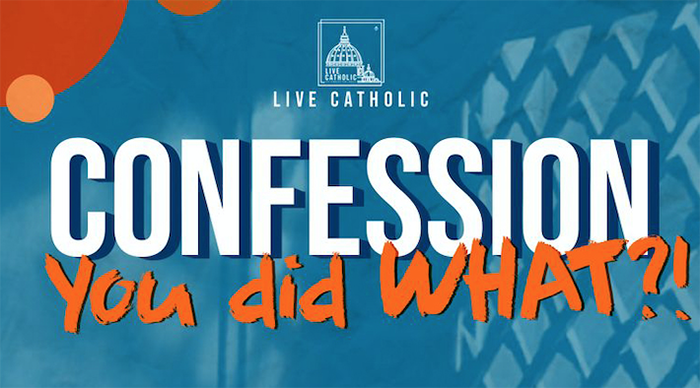Danilo Perez Ngo
SFC: What will happen to our loved ones who were not able to confess or receive the Sacrament of Anointing of the Sick due to the pandemic that we are experiencing at present?
Fr Mandía: We have to entrust them in the hands of the merciful God. Just like the babies who were born and lived only for a short time and were not baptized, or died before they were born, what happens to them? The Church’s answer is to entrust them to the mercy of God. Of course, the Sacraments are the ordinary means by which God saves us. But it doesn’t mean to say that He ties up His hands to those. He can use other ways.
Besides, we do not know the conscience of the person. In the end, it goes down to the relationship of the person with God. We can be sure that God keeps knocking on the door of his heart and we know that the knocking gets louder the time this person gets closer to the moment of his death. It is because His love is stubborn. As Saint Pope John Paul II said, “Mercy has put limits on evil.” So the greatest is mercy – greater than evil.
Mercy in Latin is “Misericordia.” I heard Bishop John McGee, former secretary to Popes Paul VI, John Paul I, and John Paul II, explain this as follows: Misericordia comes from two words: “miseria” meaning our miseries and “cor, cordis” meaning heart – God’s heart. So, when our miseries meet the heart of Christ, there arises mercy. He is infinitely merciful.
So what can we do for those who were sick or dying? We pray for them. Include them in the Mass and our Rosary prayers. It does them good and it does us good as well.


 Follow
Follow


